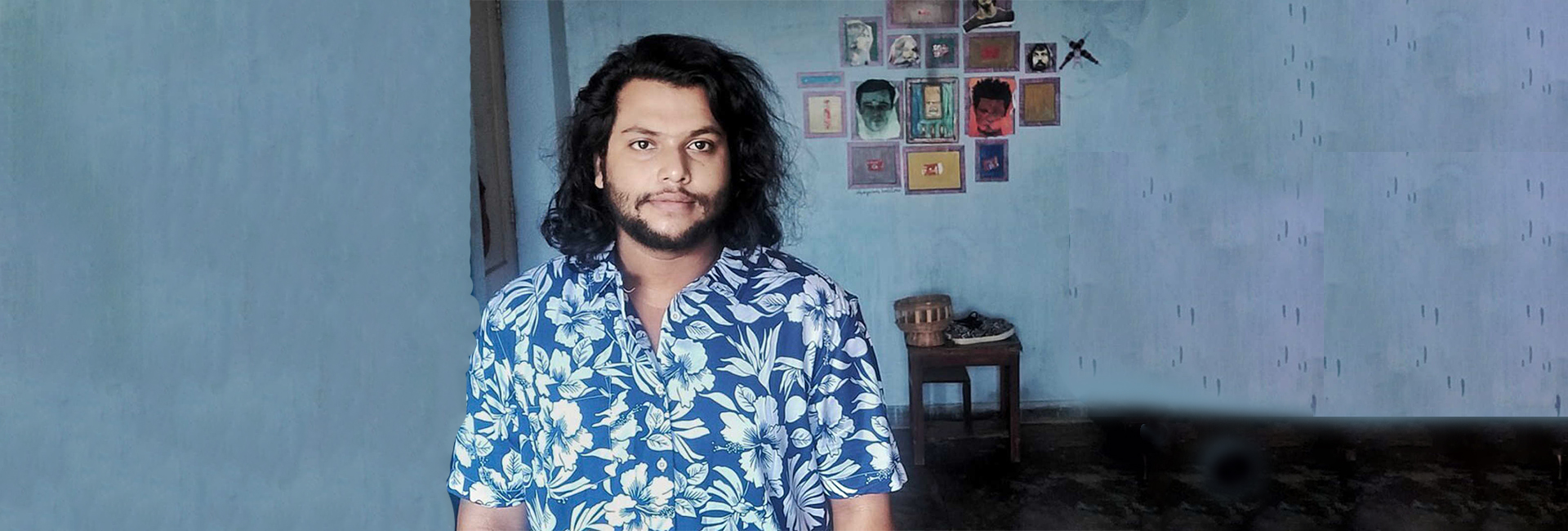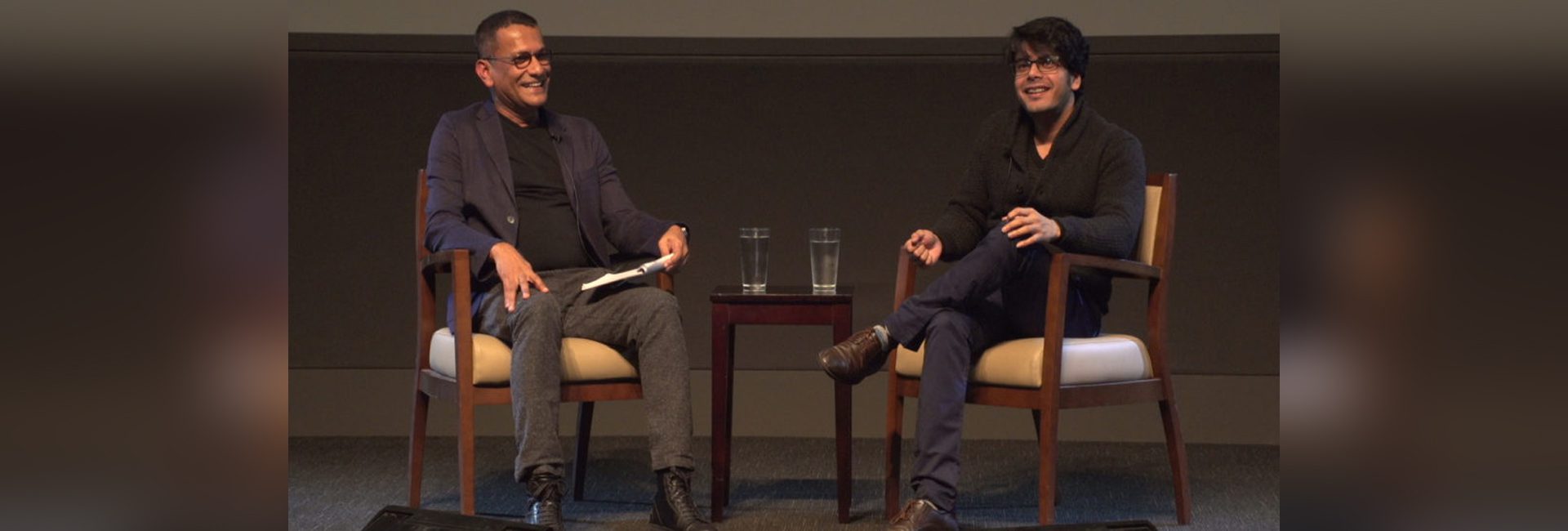(December 22, 2022) Standing at an arm’s distance from his classmate in the morning assembly queue, it was a regular balmy morning for an eighth grader Maharshi Tuhin Kashyap. But little did the then Guwahati teenager know that the morning in the February of 2009 was set to change the course of his life. Within a few minutes into the assembly, the school erupted in a deafening celebration as Danny Boyle’s Slumdog Millionaire won eight Oscars. The announcement made the then 13-year-old Tuhin contemplate making a film for the very first time. “Slumdog Millionaire was a British production set in India with an Indian star cast. I wondered if someone from outside could come here and make a film that has won an Oscar, then why couldn’t we make an Indian film like that? That was the first time that I seriously thought about making a film,” says Tuhin who was so keen to hold that Oscars statue someday, that he scribbled a sketch of it on his vision board in his room. And now 15 years later, the filmmaker is an inch closer to realising his childhood dream as his 15-min Assamese film Mur Ghurar Duronto Goti (The Horse From Heaven) is a 2023 Oscars contender for Best Live Action Short Film.
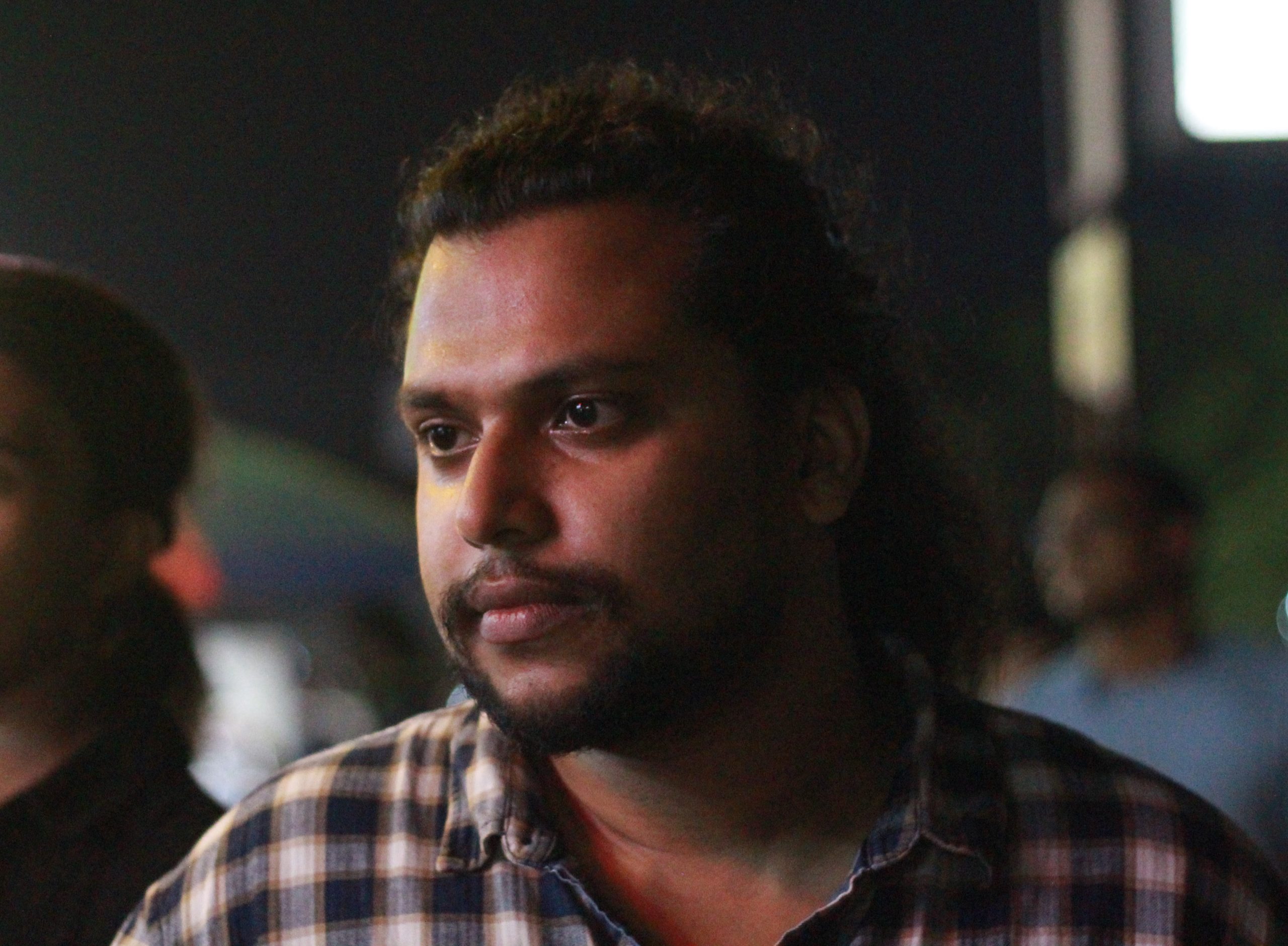
Maharshi Tuhin Kashyap is an Indian filmmaker
A perfect expression of surrealism, the film tells the story of an Ojapali performer who believes that he has the world’s fastest horse, and wants to win all the races in the city. But in reality, it’s not a horse but a donkey. “Making it to the Oscars 2023 race feels as absurd as the film is,” laughs Tuhin who recently won the best short film prize at the Russian State University of Cinematography (VGIK), the world’s oldest film school. “The screening of the film in Moscow was a beautiful moment as I realised that people in different parts of the world can connect to the film,” the final year student at Satyajit Ray Film and Television Institute (SRFTI) says, adding that making it to Oscar race is a sort of validation. “The film got rejected at various international festivals, and many times I thought ‘Is this film a donkey that I think is a horse?’,” he guffaws. “But now I feel that it did connect with people, and that’s what matters to me.”
The 15-min film was made as a part of his second-year curriculum at SRFTI, and Kashyap never in his wildest dream thought that a college project would land up at the Academy Awards race. It all began at his grandmother’s funeral when he and his father met a man who couldn’t stop talking about his horse. “It was an absurd encounter with a man who went on and on about his horse. I remember asking my dad if you believe in this man’s story about his horse, to which he replied, ‘Maybe he doesn’t even have a horse. What he has, must be a donkey.’ I found it bizarre but somehow it stuck with me. So, when I had to pitch an idea for my project, I decided to make a film on the same idea,” Tuhin reveals, who initially had a hard time convincing his mentor Putul Mehmood of the idea. But as the script progressed, the film started taking shape.
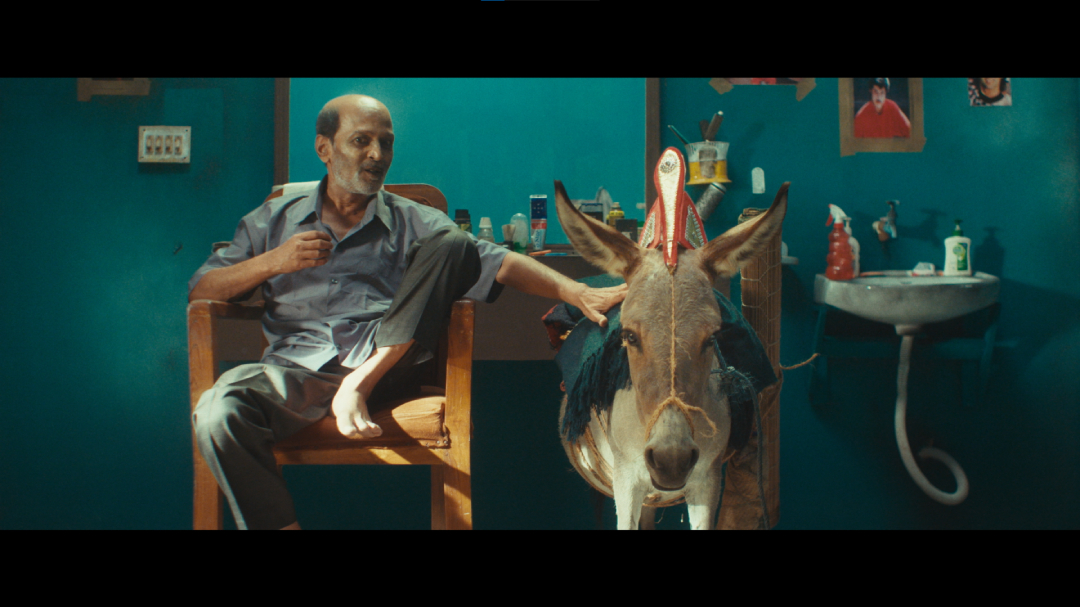
A still from The Horse From Heaven
The cause and effect of theatre
This love for direction and cinema has its roots in theatre, something that Tuhin began indulging in Class 4. He still remembers his first role – a beggar – that made him the talk of the school. His dad recognised his talent and took him to a summer camp. “I call it my first step into acting. That’s how my interest in theatre started developing. Soon, I became a part of children’s theatre and started working with Manik Roy sir. Taking up theatre changed things for me,” he tells Global Indian. But it was Slumdog Millionaire bagging eight Oscars that shifted things for Tuhin, who knew he had found his calling in filmmaking.
Film school calling
He learnt about the Film and Television Institute of India, Pune from one of his teachers and knew that he wanted to get in. “Someone told me that to get into a film school, one needed science. So, after Class 10, I took up science just so that I could make it to FTII or SRFTI someday,” smiles Tuhin, who also met Jahnu Barua’s art director Phatik Baruah to understand the nitty-gritty of filmmaking. “It was a ground preparation for me.” Around the same time, he started Deuka Films with a bunch of aspiring filmmakers who had “no idea how cinema is made.” They began experimenting with a basic DSLR and learnt to edit. Their first film Crossroads about child labour made it to the 2015 International Film Festival in Malta. “We were amazed something like this could happen, and this exposure helped me get into SRFTI.”
View this post on Instagram
When Tuhin enrolled in film school, he wanted to be the next Anurag Kashyap. “It was glamour that I was after. But SRFTI changed my perspective on cinema. It gave me time for myself, and I started dissecting my existence. Gradually, exploring my identity and my roots (Assamese) started becoming important to me. Now through films, I want to talk about my own identity. Being from the northeast is something I want to talk about and the collective consciousness we have as a community,” says the filmmaker who used Ojapali, an indigenous folk dance from Assam in The Horse From Heaven, which he says is now a dying art form. “I was keen to use this ancient storytelling form and translate it into cinema.”
Making to the Oscars’ race
The story and the form of storytelling both resonated with the audience all across the globe, so much so that it beat Varun Grover’s Kiss to win the top prize at the Bengaluru International Short Film Festival 2022 (BISFF). Tuhin explains that The Academy of Motion Picture Arts & Sciences has designated BISFF as an official qualifying film festival for the live-action category, and any film that wins the top honours at BISFF automatically makes it to the Oscars race. It was in November that he received a confirmation that his film has made it to Academy Awards consideration. Despite being ecstatic about the news, Tuhin humbly believes that he’s “not in the position to be awarded Oscars yet.” “I will be glad if I get it, but I think I am yet to make my best cinema. But definitely, I have been a long way than I had imagined,” avers the man for whom connecting with people is more important than awards.
Cinema as an expression
Tuhin was barely a teenager when the first seeds of filmmaking were sowed in his young mind, and now years later, he is happy to have found his calling in its truest form. While he still has a long way to go, the filmmaker says that in this journey so far, he has learnt how important it is to believe in oneself and to never give up on your dreams. “If we know in our heart, what we are doing is the right thing. One should pursue it, despite what naysayers tell you.”
View this post on Instagram
While The Horse From Heaven has put Assamese cinema on a global platform, Tuhin believes that his film is just a speck in the “vibrant and experimental” cinema that Assam is witnessing these days. “My film might inspire aspiring filmmakers to take that chance and follow their dreams. But I don’t know if it will be a game changer as it’s a good time for the Assamese film industry. With the digitisation, the ball game has changed.” The 28-year-old, who is already working on two feature film ideas and a few non-fiction ideas, wants to use his craft to express himself and to inspire people to be themselves. “I want to talk about things that have an impression on me and what it’s about being from the northeast, a marginalised place. My work will inspire people to be themselves and who they are matters.”
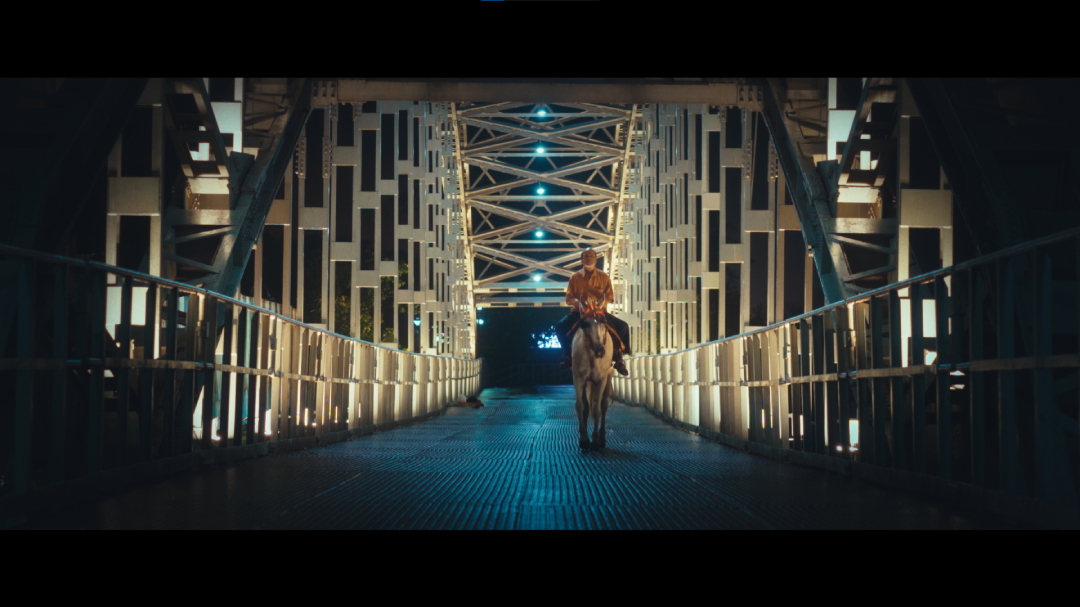
A still from The Horse From Heaven
Tuhin opines that it’s inspiring to see his film making it to the Oscars race as it gives hope to filmmakers sitting in small cities in any part of the country that it’s possible to make their dreams come true. “I don’t know if my film has been a game changer but What it has done is that it has opened a window of opportunity for many people that anything is possible,” he signs off.
- Follow Maharshi Tuhin Kashyap on Instagram

